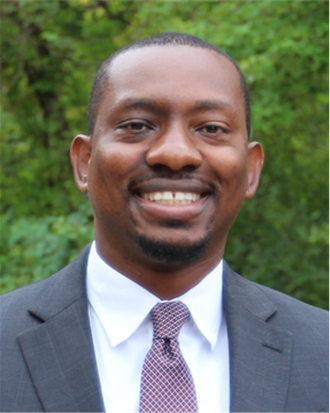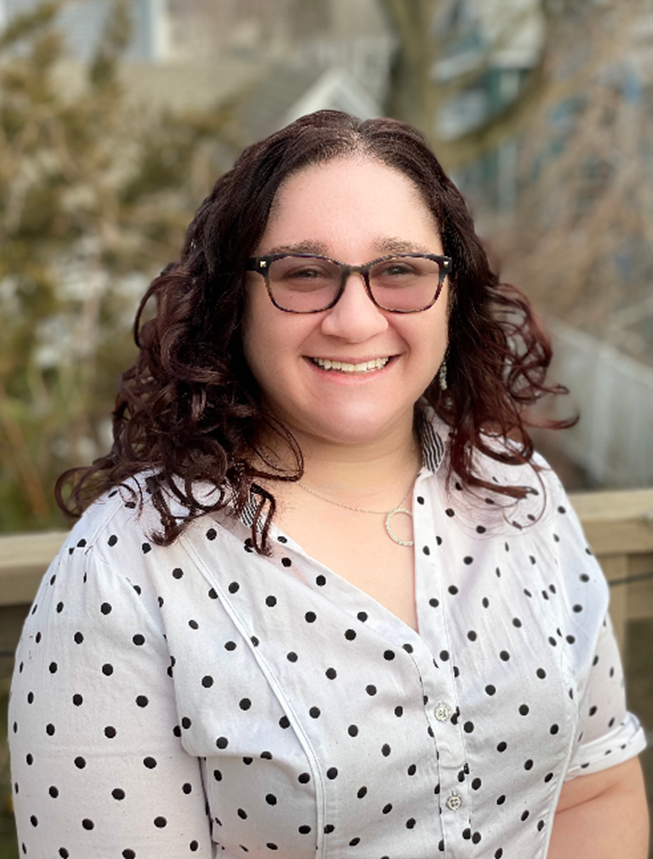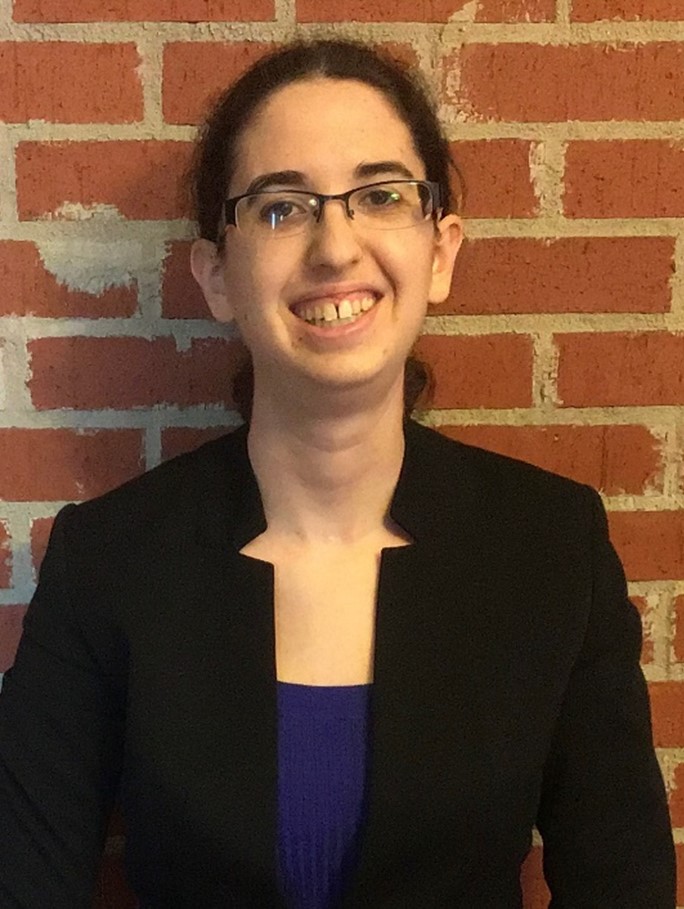Meet Our New Faculty Members
POSTED ON: March 30, 2021
The Albert Nerken School of Engineering is excited to welcome three new faculty members for the Fall 2021 Semester.
DEPARTMENT OF MECHANICAL ENGINEERING

Dr. Kamau Wright holds a Ph.D. in Mechanical Engineering and Mechanics from Drexel University, specializing in thermo-fluids and plasma engineering. He uses electrical energy to generate plasma – the 4th state of matter – as classified by its energetic state compared to solids, liquids, and gases. His technical research interests include application of low temperature plasma (LTP) discharges to liquids and wastewaters; plasma decomposition of carbon dioxide (CO2); fouling mitigation for heat exchangers; oxidation of organic matter in water; and inactivation of pathogens using plasmas. His research activity has been funded in part through award of two NASA Connecticut Space Grant Consortium proposals, which he also used to facilitate undergraduate and graduate students through faculty-mentored research.
Dr. Wright has taught a range of courses, including thermodynamics, fluid mechanics, heat transfer, and plasma engineering. His engineering education research interests encompass data-driven assessment of various pedagogical approaches such as collaborative learning and inquiry-based learning. He is also an active member of the American Society of Mechanical Engineers (ASME), the American Society for Engineering Education (ASEE), and the National Society of Black Engineers (NSBE). His publication activity includes numerous peer-reviewed journal and conference publications.
Wright received a B.S. in Mechanical Engineering from Howard University and an M.S. and Ph.D. in mechanical engineering and mechanics from Drexel University. From there, he served as a Visiting Assistant Professor in the Department of Mechanical Engineering at Stevens Institute of Technology, and as a tenure-track Assistant Professor at the University of Hartford, in the Department of Mechanical, Aerospace, and Acoustical Engineering. Wright is a Brooklyn, NY native. Outside of the classroom, when he is not conducting research as part of his Thermo-fluid, Energy and Plasma Lab Group, he hopes to eventually identify good opportunities (when the appropriate pandemic-safe time comes) to play pick-up basketball games in and around New York City.
“I am excited to be a part of the re-imagining of Cooper’s future, rooted in the ideals of its founding, the possibilities of tomorrow, and the hearts and minds of the talented Cooper students, alumni, prospective students, faculty, staff, administrators, and greater New York City community – all those who hold this institution most dear. If you are interested in research related to plasmas, thermo-fluids, and/or energy, feel free to reach out. I look forward to using my teaching, research, and service, to make meaningful contributions as part of the Department of Mechanical Engineering, the Albert Nerken School of Engineering, The Cooper Union for the Advancement of Science and Art, and the greater communities in which we thrive.”
DEPARTMENT OF MECHANICAL ENGINEERING

Dr. Michelle Rosen earned her Ph.D. in Engineering Sciences/Mechanical Engineering from Harvard University, where her research focused on the design and fabrication of biologically inspired robotics. She developed the RoboMoth, an insect-scale flapping wing robot that is control- and power-autonomous. She was a recipient of the National Science Foundation Graduate Research Fellowship and also served as the outreach coordinator for the Microrobotics Lab. Her current research interests are in the mechanical design, fabrication, and integration of robotics at representative scales with bio-inspired morphologies.
Since graduation, Dr. Rosen has been lecturing at Harvard, teaching the introductory and capstone engineering courses. She is passionate about active learning and hands-on projects in the engineering classroom. She has also advised many senior theses and served as a first-year academic adviser.
Prior to arriving at Harvard, Dr. Rosen completed her B.S. in mechanical engineering at the University of Maryland, College Park, where she participated in research in microrobotics and computer vision. In her spare time, Dr. Rosen likes to experiment in the kitchen, play video and board games, and play flute and piccolo.
“I am so delighted to join The Cooper Union family! I am continually impressed with the strong emphasis the school has placed on inclusive and diverse education and I’m excited to contribute to this mission, especially in elevating women and minorities in STEM. I’m ready to get my hands dirty while building things in the classroom and the lab with some amazing Cooper students. I look forward to meeting all the students and my colleagues in person and helping create the next generation of extraordinary roboticists, researchers, and engineers!”
DEPARTMENT OF MATHEMATICS

Dr. Abigail Raz earned her B.A. from Wellesley College in 2014 and her Ph.D. in mathematics from Rutgers University in 2019 under the direction of Jeff Kahn. Her research is focused in extremal and probabilistic combinatorics. Much of her work has dealt with analyzing thresholds for various classical properties in two different random graph models.
In 2019 she became an Edith T. Hitz Postdoctoral Faculty Fellow at the University of Nebraska, Lincoln. During this time in addition to research and teaching she also served on the undergraduate activities committee, helping to organize, and run events for the UNL math club as well as the Association for Women in Mathematics chapter. She is also a member of the 2020 class of Project NExT (New Experiences in Teaching) fellows. Project NExT is a professional development program run by the Mathematical Association for America focusing on improving the teaching and learning of mathematics. Specifically, she is involved in the mastery based grading cohort and has been implementing this grading style into her courses for the past three semesters.
“I am thrilled to be joining the Albert Nerken School of Engineering at The Cooper Union. I strongly believe in the commitment to quality education for all and am excited to enact that commitment through the department of mathematics. I am passionate about encouraging a growth mindset in all my students so that they leave my classes not only with greater mathematical knowledge but also an enriched confidence to pursue their goals. I look forward to working with the students to explore not only the use but also the beauty of modern mathematics.”




